-
Carmen Muñoz-Almagro has been honored by the Barcelona Medical Association for her career in biomedical research
Dr. Carmen Muñoz-Almagro, a researcher from the Institut de Recerca Sant Joan de Déu, has been honored with one of the Professional Excellence Awards, which are annually bestowed by the Barcelona Medical Association.
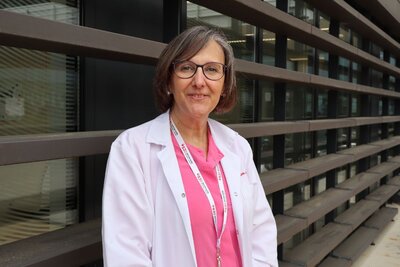
-
Advances in Research on Rett Syndrome
A study conducted by the Paediatric Neurometabolic Disorders: Neural Communication Mechanisms and Personalised Therapies Group at IRSJD · SJD Barcelona Children's Hospital confirms mitochondrial dysfunction in two distinct models of Rett syndrome, highlighting the significance of distinguishing between brain regions and stages of the disease. The findings of this study open up new avenues for treatment development.
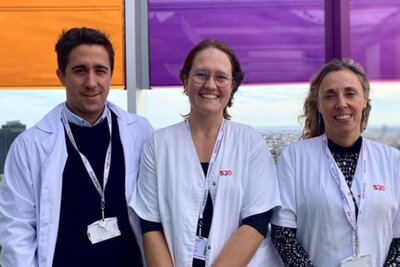
-
Gate2Brain recognized by the Wild Card program at Pediatric Innovation Day
The Wild Card program in the field of pediatrics, powered by EIT Health and the pediatric innovation hub i4KIDS, has selected the start-up Gate2Brain to participate in its acceleration program.
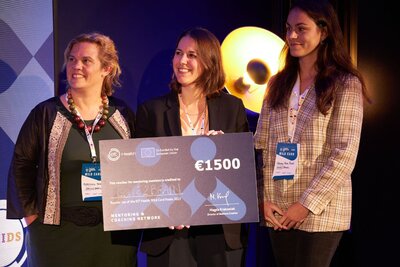
-
The Catalan Tumour Bank Network launches a new corporate identity and website
The Xarxa de Bancs de Tumor de Catalunya (XBTC) has renewed its corporate identity and website to project a more dynamic and local network in the biomedicine and health ecosystem.
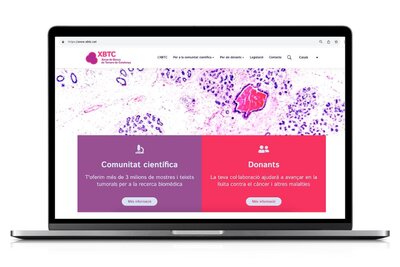
-
The Pediatric Innovation Day 2023 is celebrated in Warsaw
The third edition of Pediatric Innovation Day (PID) marked a milestone by being held outside Barcelona for the first time, moving to Warsaw. This event solidified itself as a space for collaboration and shared knowledge, emphasizing the importance of international cooperation, active patient participation, and a precise understanding of specific needs in the pediatric healthcare field.
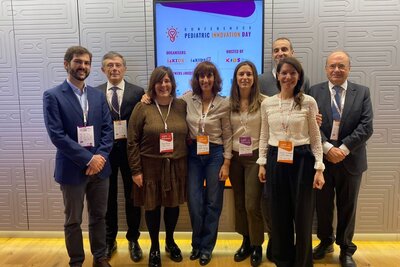
-
Characterization of Extracellular Vesicles in Fibroblasts of Collagen-VI Related Muscular Dystrophy
A team led by the Applied research in neuromuscular diseases at the Institut de Recerca Sant Joan de Déu · SJD Barcelona Children's Hospital has made significant advancements in comprehending the pathogenesis of Collagen-VI Related Muscular Dystrophy (COL6-RD) by analyzing extracellular vesicles and their correlation with cellular mobility.
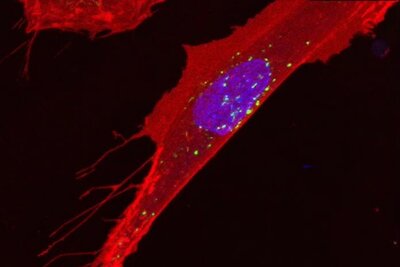
-
A Mediterranean diet and stress reduction during pregnancy improve child neurodevelopment
Interventions based on a Mediterranean diet or mindfulness-based stress reduction during pregnancy improve child neurodevelopment during the first few years of life. This is shown in an analysis of the IMPACT-BCN clinical trial published in the journal JAMA Network Open.
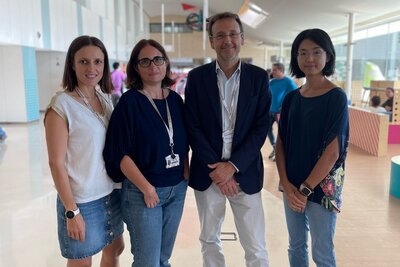
-
Fetuses experiencing restricted fetal growth exhibit less development in crucial brain structures
A study conducted by the Institut de Recerca Sant Joan de Déu - SJD Barcelona Children's Hospital reveals that small fetuses diagnosed with late-onset growth restriction show a decrease in the length of specific brain structures compared to fetuses with appropriate size for their gestational age. The findings have been published in the scientific journal Ultrasound in obstetrics & gynecology.

-
A study has revealed an association between mental disorders and premature mortality in the Catalan population
A research team from the Parc Sanitari Sant Joan de Déu · Institut de Recerca Sant Joan de Déu analyses the link between experiencing a mental disorder and the risk of premature death in the Catalan population.

